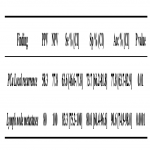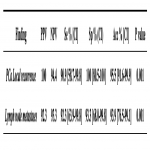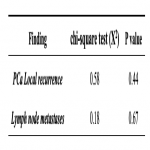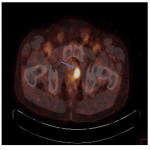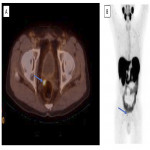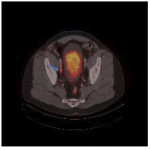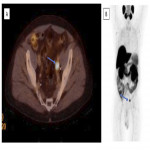Keywords:
Genital / Reproductive system male, Nuclear medicine, Oncology, PET-CT, Molecular imaging, Cancer, Metastases
Authors:
L. Saule, M. Radzina, M. Liepa, A. Lioznovs, L. Roznere, L. Zemniece, M. Kalnina, E. Mamis, E. Vjaters
DOI:
10.26044/ecr2022/C-17749
Purpose
New radiopharmaceuticals 68Ga-PSMA-11 and 18F-PSMA-1007 have substantially increased the diagnostic scope of radionuclide imaging for recurrent prostate cancer (PCa) and treatment strategy. Hybrid imaging with Positron emission tomography in combination with computer tomography (PET/CT) is a functional and anatomical non-invasive imaging modality used in the detection and staging of prostate cancer, in the evaluation of treatment efficacy and localization of recurrence [1]. Comparing both, 68Ga-PSMA-11 ligand has a drawback in the assessment of small local recurrences, which is its excretion via the kidneys and high accumulation in the urinary bladder [2]. Low urinary background clearance of 18F-PSMA-1007 provides higher diagnostic value of PET/CT in evaluation of the prostate bed and pelvis in recurrent PCa patients [3,4]. The aim of this study was to determine the accuracy of both radiopharmaceuticals - 68Ga-PSMA-11 and 18F-PSMA-1007 PET/CT for evaluation of local recurrence and regional lymph nodes.

